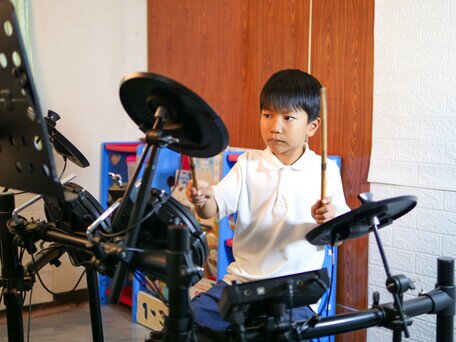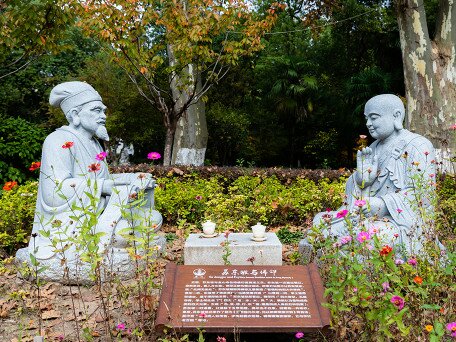Longitudinal Study of Depletion, Commitment, and Preoccupation Mechanisms
- 项目计划:
- 优配研究金
- 项目年份:
- 2023/24
- 项目负责人:
- 何振业博士
- (心理学系)

Our synthesized model draws from the conservation of resources theory, social exchange theory, and the perseverative cognition hypothesis to propose three possible mechanisms: depletion, commitment, and preoccupation.
Teachers have one of the most stressful jobs in the world, partially because of long working hours and heavy workloads, but also because of psychosocial stressors. Secondary school teachers were often bullied, mocked, threatened, or isolated at work. Frequent workplace mistreatment (WM) creates a perceived mistreatment culture (PMC, the perceived norm that workers of an organization are uncivil, socially undermine, and bully each other) that can psychologically and physically harm teachers. Given the goal of the teaching profession is to support students’ learning and development, understanding the mistreatment culture of schools and how that impacts teacher outcomes are therefore paramount.
Although studies showed that WM harms occupational health and work attitudes and behaviors, several important gaps require investigation. Population-wise, most studies were conducted on non-education industries while the mistreatment of secondary school teachers remain largely unknown. Concept-wise, WM has been studied as an individual experience, neglecting the organizational culture that collectively impacts workers. Mechanism-wise, because WM was treated as day-to-day experiences, understanding of underlying mechanisms are limited to short-term processes. Outcome-wise, existing WM studies examined generic outcomes while education-specific outcomes remain unexplored. Method-wise, most studies collected cross-sectional data, which impedes inferences of causality and directionality.
To address the theoretical gaps, a tri-process model of PMC is proposed to delineate how commonly occurring WMs create a negative school environment that might harm teachers’ occupational health and education-specific outcomes. Our synthesized model draws from the conservation of resources theory, social exchange theory, and the perseverative cognition hypothesis to propose three possible mechanisms: depletion, commitment, and preoccupation. We further hypothesize that supportive supervisors can deter WMs to weaken the negative impact of PMC.
To address the methodological gaps, a 3-wave longitudinal study is proposed to collect quantitative data from 500 teachers in 40 secondary schools at baseline, 6-month, and 12-month follow-up. Stratified random sampling will be used to ensure sample representativeness. The measures include PMC (independent variable), psychological capital, affective commitment, and perseverative cognition (mediators), supervisor support (moderator), and burnout, affective wellbeing, and somatization (occupational health outcomes), as well as teacher engagement, educational interests, and mastery goals (education-specific outcomes). We will analyze the data across time with multilevel cross-classification analysis, multilevel structural equation modeling with residual centering, and vector auto-regression.
Completion of this project will yield:
- conceptual innovation by determining whether PMC show collective effects above and beyond the individual effects of WM;
- theoretical advancement by proposing a synthesized model to empirically test three possible mechanisms through which PMC might operate, as well as a moderating factor that could weaken these relationships; and
- practical implications by informing policymakers, school leaders, and other education stakeholders to formulate school management policies and guidelines to foster a positive organizational culture in schools.








